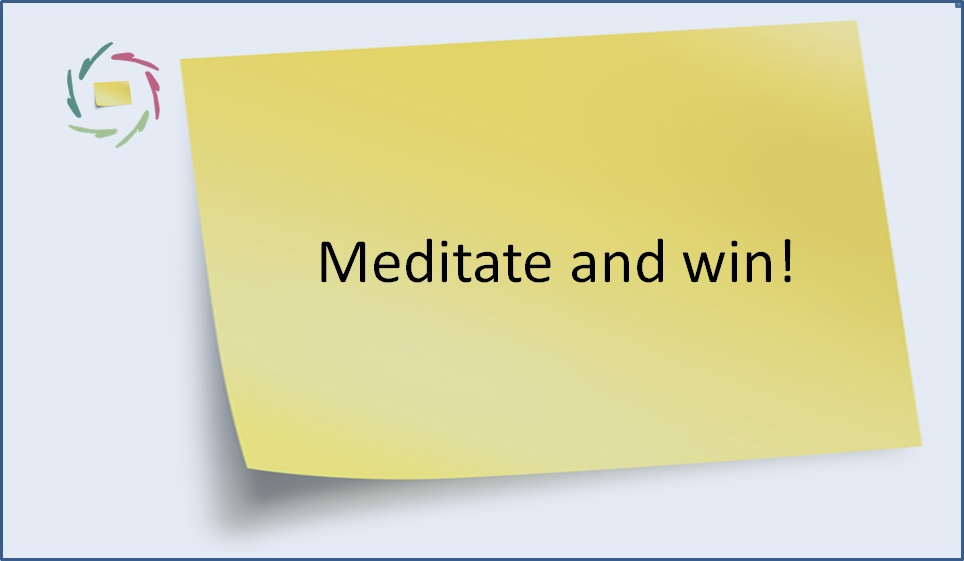The Ego-Oriented Aim of Meditation

This is to find a rightful place for ego, in which it can function most meaningfully and efficiently.
See the first poem of ‘Poems from a Parallel World’
You find this poem also at the bottom of this text.
It’s about the final goal of meditation, which is not easily attainable. Therefore, one should better not even explicitly strive for this. Once you know the goal, make your meditation goal-less.
It’s always OK. It doesn’t matter.
Putting the ego aside
You can see in the poem a short manual of meditation.
Being eventually goal-less, meditation can have this as a direct aim: letting ego not stand in the way. By doing so, listening to the silence can happen more and more straightforwardly.
Meditation is then born out of this situation, flowing spontaneously and without enforcing the meditation itself. This way, no striving to attain the final goal is explicitly needed, which is the correct attitude. It happens by itself, in freedom.
It’s like an invitation by providing an opening for ‘something to happen.’ Putting the ego aside is providing the opening. There is direction and total freedom.
Meditation happens.
And it is fire. Imagine a campfire encircled by stones. Ego can put the stones in place so the fire can burn without burning down the forest.
The ego should not try to take the place of the burning fire. It can pretend to do so, but it cannot handle this. Any stubborn attempt leads to accidents and misconceptions/mistakes. Eventually, ego would burn down the whole forest. We see that happening in reality now.
The aim of meditation is to learn not to let the ego stand in the way of the totality of the human person.
Instead, again and again, putting the ego aside until it starts ‘listening to the silence.’
This is also the aim of meditation in the world. In a meditative lifestyle, mere-ego is transcended. Inner dissociation evaporates.
This doesn’t lead to the annihilation of the ego. On the contrary, this way, ego forms part of the total person who can accomplish many things with high efficiency through this kind of ego-working.
This is not done by enforcing the ego in any way ― which would only make it stronger in dissociation.
Again, it is done through invitation (‘suggestion’)
In short, one can see a nice dance in this interplay:
- Meditation is invited by giving the ego a proper place ‘on the cushion.’
- As a next step, the ego is invited to find its true worth through the meditative lifestyle, which can be experienced and realized in real life all day long.
We all know it’s direly needed in many places globally.
This standing in life as a total person may be called ‘Compassion.’
―
Parallel
Listen!
The silence.
All lines are parallel.
The universe is here.
Mind bent on infinity.
Somewhere a bird whistles. It is this bird here and now.
And then there is this great love, great compassion.
▪▪▪
I. am I. am I. am no longer I.
Nothing is needed. Everything is allowed.
Each time again I friendly put my ego aside
like a child that continuously asks for attention
and then is mainly curious
and then sits down beside me
and listens together.
Nothing is needed.
Everything is allowed.
―


